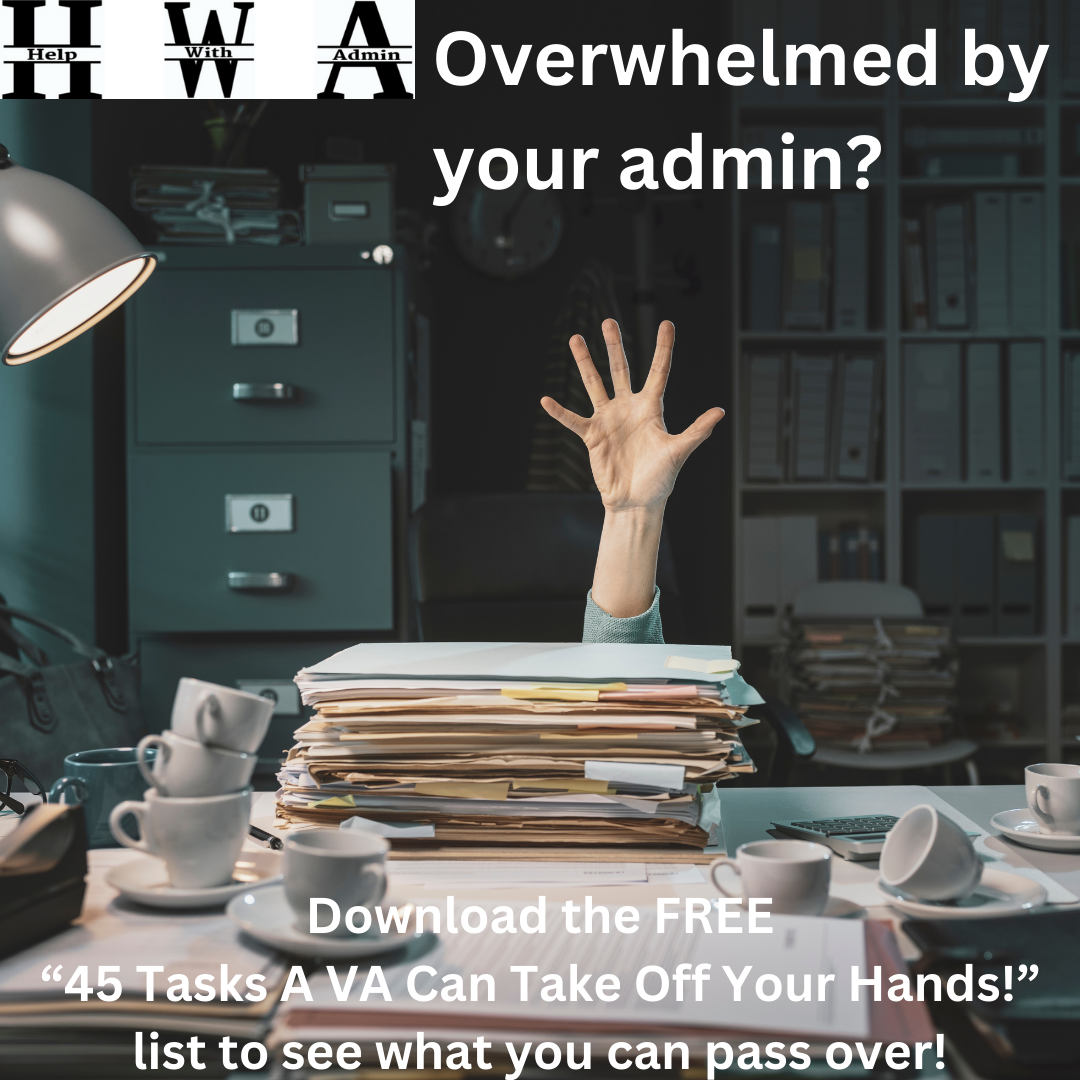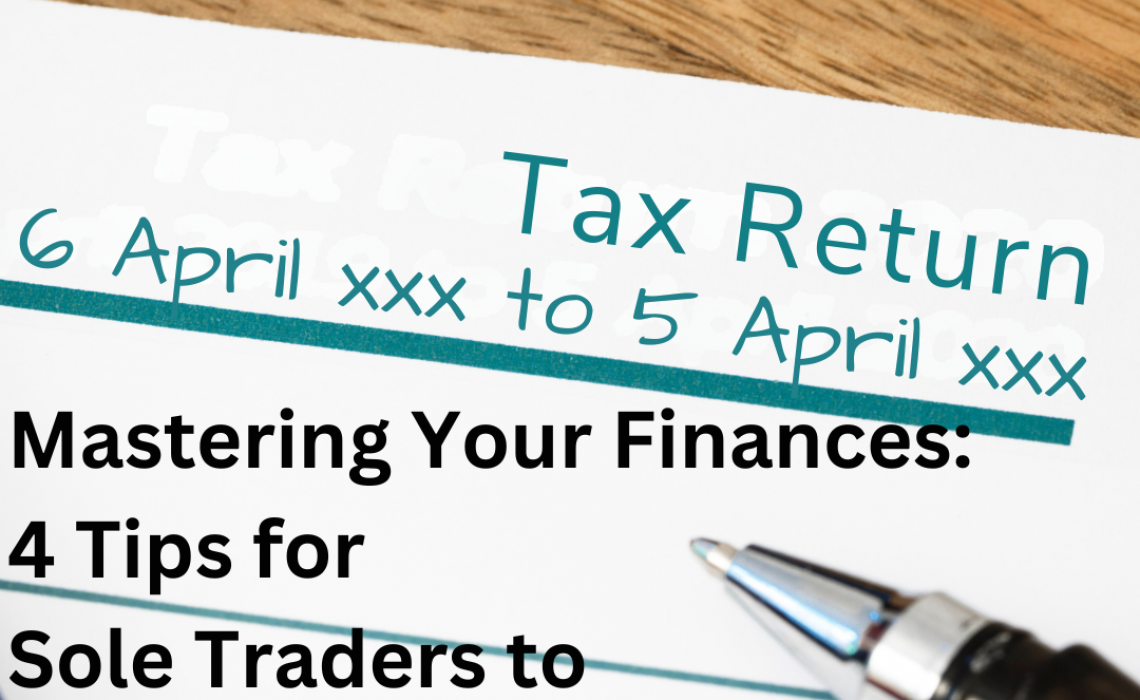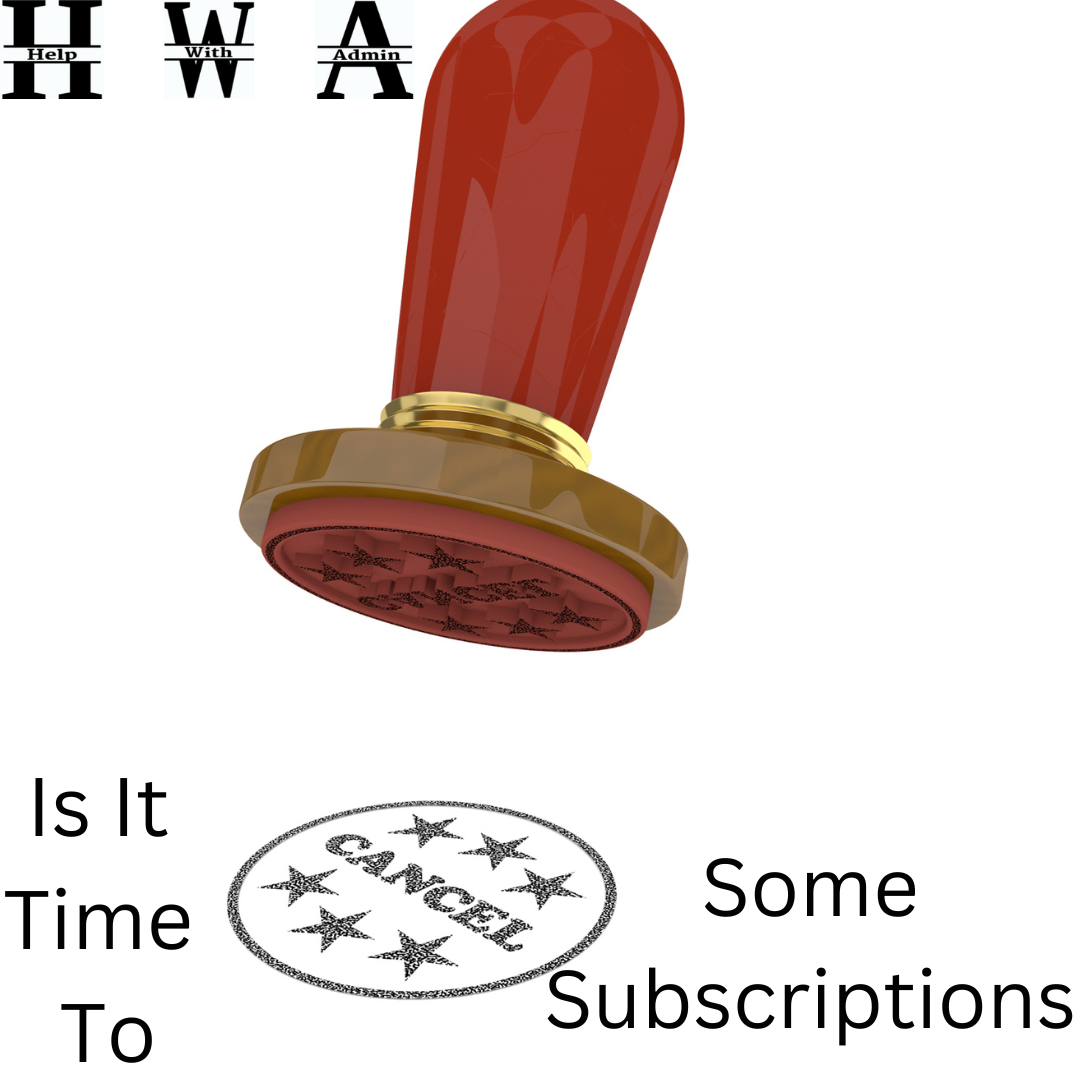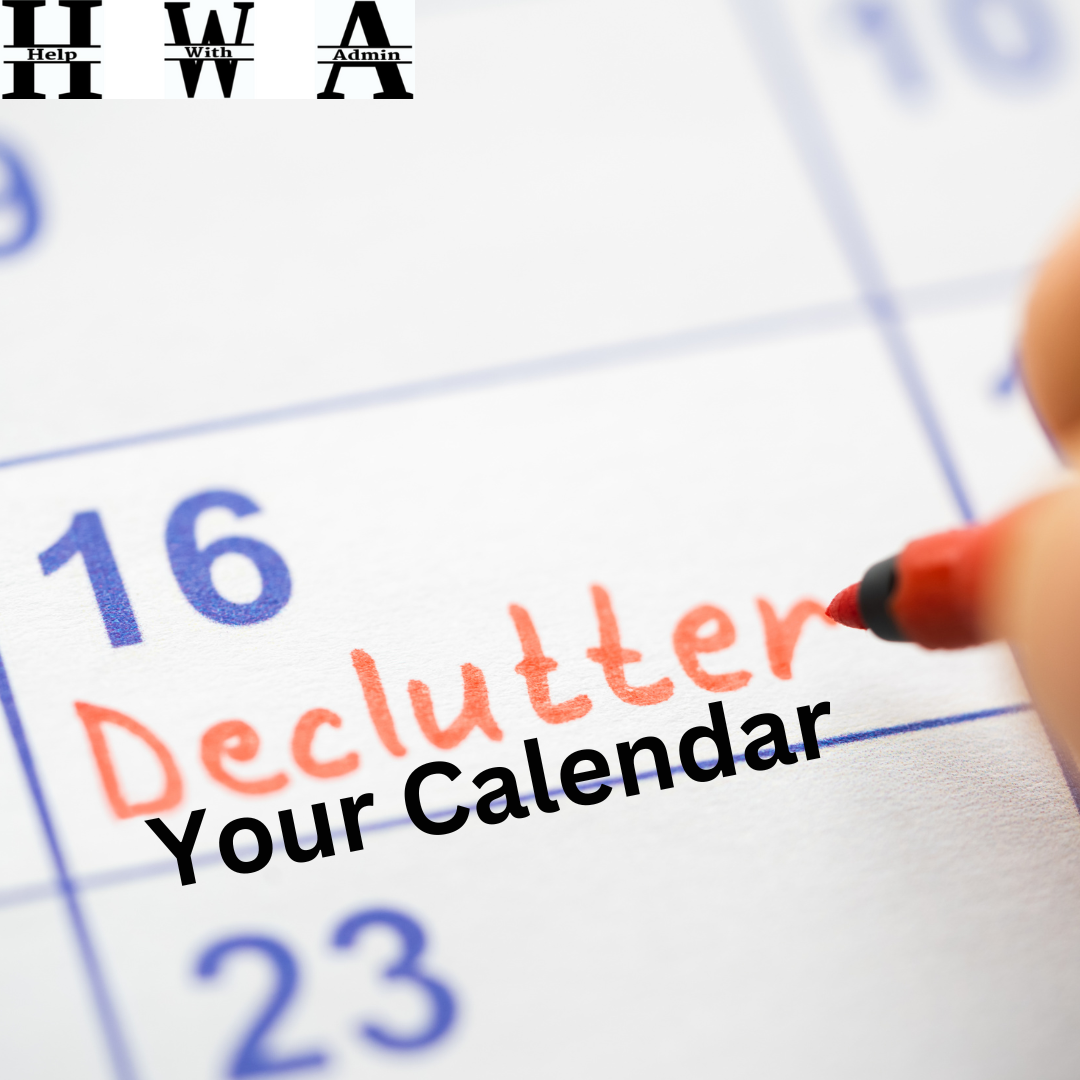
Mastering Your Finances: 4 Tips for Sole Traders to Navigate the UK Tax Return Process
Did you leave it till the last minute and panic or have you got processes in place to help you complete your tax return?.
In this blog post, I’ll explore four essential tips for sole traders to effectively complete their UK tax return.

So how did it go?
Was it your first time as a sole trade submitting your tax return or have you been doing it a while?
With a bit of foresight and organization, you can make next year’s submission easy and comply with HMRC requirements.
In this blog post, I’ll explore four essential tips for sole traders to effectively complete their UK tax return.
1 – Keep Detailed Financial Records:
No – having all your receipts in a plastic bag does not count.
At worst have everything written down in a book or on a spreadsheet or even better make use of the many accounting platforms such as Wave, Quickbook, Xero or Sage to help you log things, keep things in one place and collate the information you need to complete your tax return.
Make sure you keep a copy of every invoice you have sent out and every bill or receipt you have received when spending money.
Detailed records not only simplify the filing process but also provide a clear real time financial overview of your business that can help with profit & loss reports, budgeting and financial planning.
2 – Understand Allowable Expenses:
As a sole trader, you’re entitled to claim certain business expenses to reduce your taxable income. Familiarize yourself with the HMRC guidelines https://www.gov.uk/expenses-if-youre-self-employed or talk to your accountant about allowable expenses, which may include costs like office supplies, travel expenses, and professional fees.
Keeping a comprehensive list of your business-related expenditures ensures that you don’t miss out on legitimate deductions, ultimately reducing your tax liability.
3 – Separate Personal and Business Finances:
Maintain a clear separation between your personal and business finances.
Open a separate bank account for your business to manage all your income and expenses related to your sole trader business.
This not only simplifies record-keeping but also helps avoid potential confusion when you come to spend money that it is coming out of the right account and it simplifies things when you come to UK tax return time.
Another reason to have separate accounts is that it helps when reviewing the financial health of your business and setting budgets etc.
4 – Update Your Records – Small & Often:
Don’t leave everything to the last minute. Log things weekly or monthly so that it does not feel like a big deal or chore. Also by logging things as you go you end up with up to the minute financial information on how well you business is doing with income and how much you are spending which you can then instantly put in a plan if things need changing where as if you wait to the following January to do your accounts at the same time as your tax return you just have a record of past performance and you cannot change the result.
Conclusion:
Completing your UK tax return as a sole trader doesn’t have to be overwhelming. By keeping detailed financial records, understanding allowable expenses, separating personal and business finances and logging records as you go enables you to meet your financial responsibilities along with giving you the tools to manage your finances to continue the success of your business in the following months & years.

